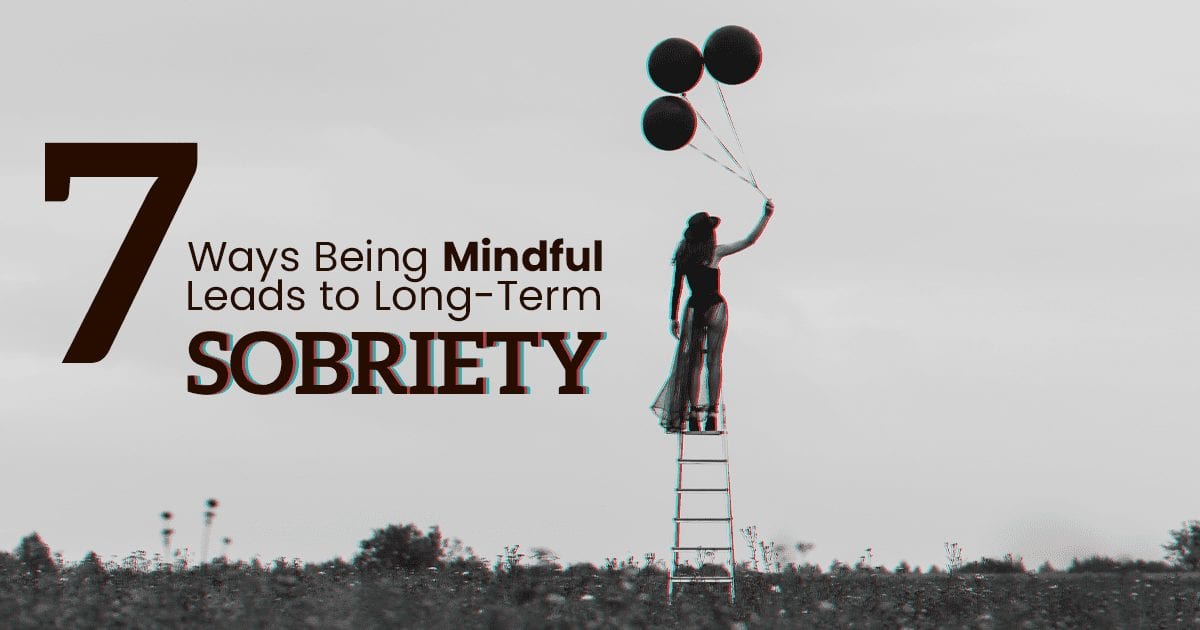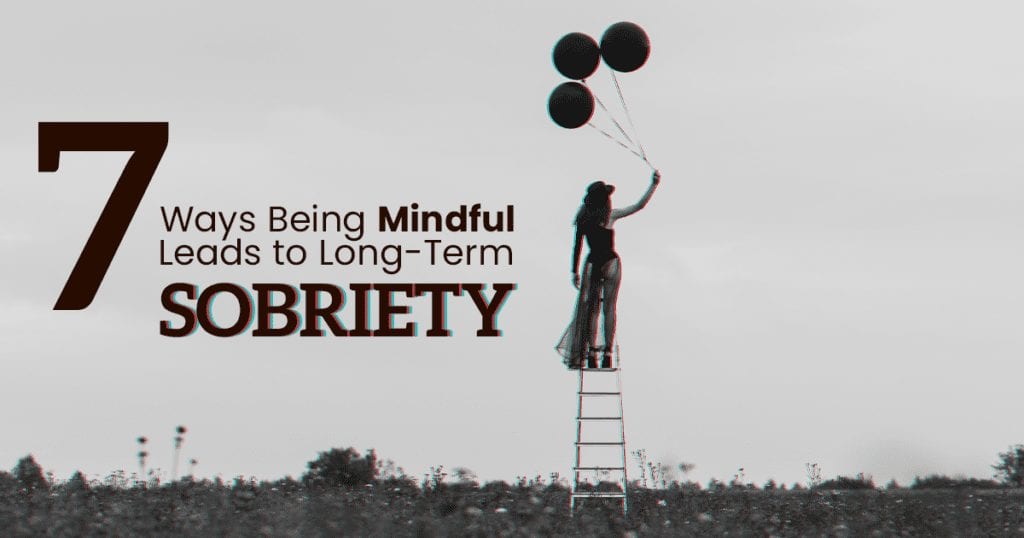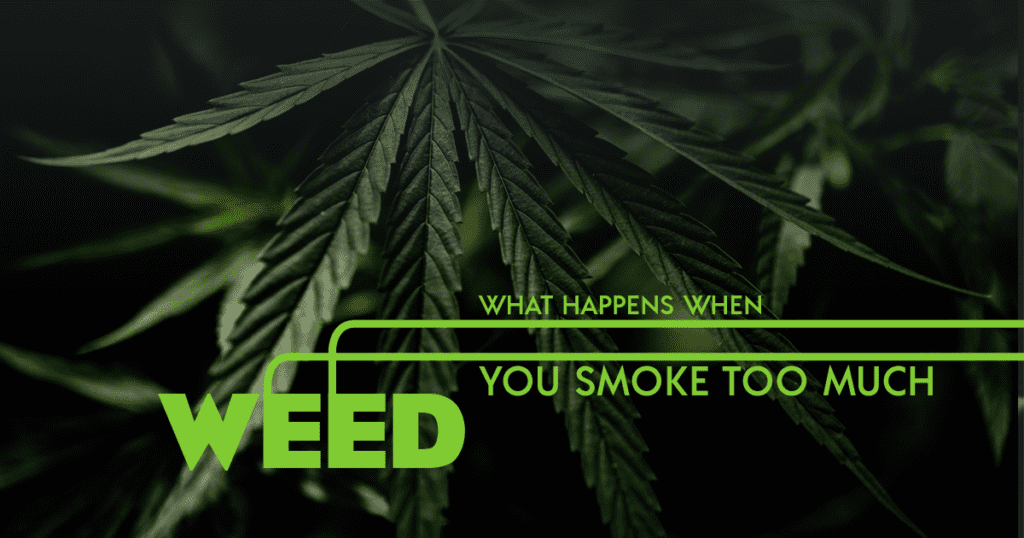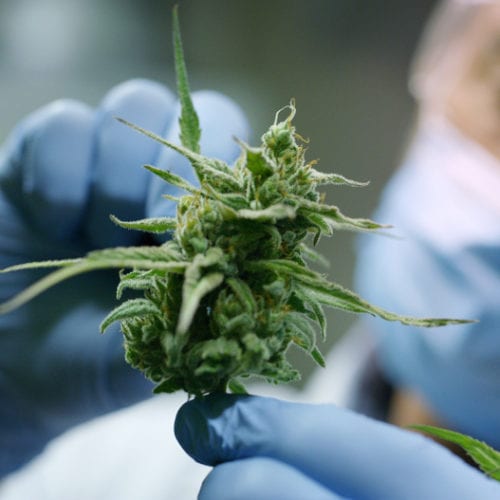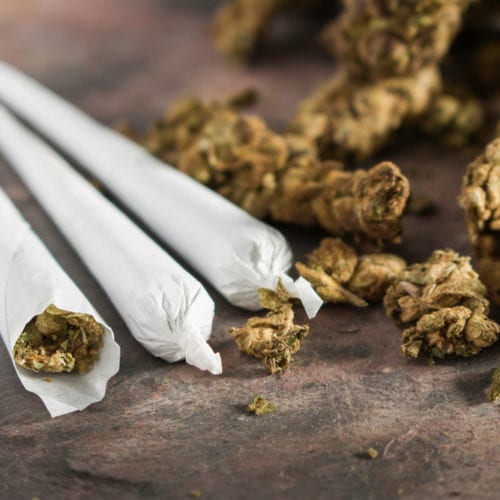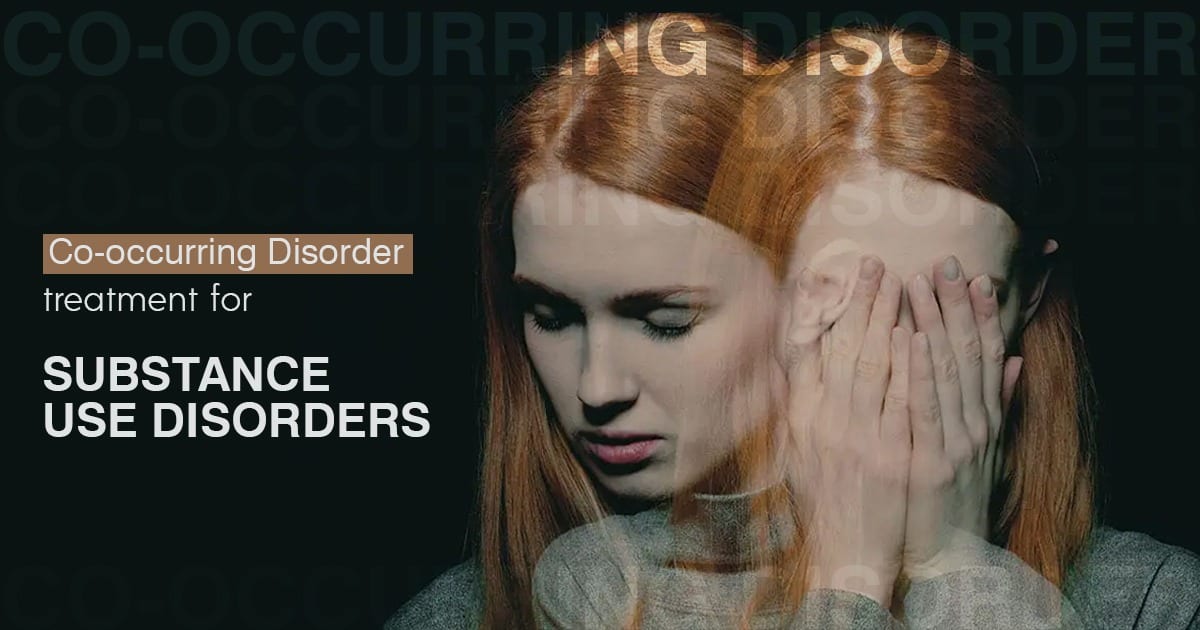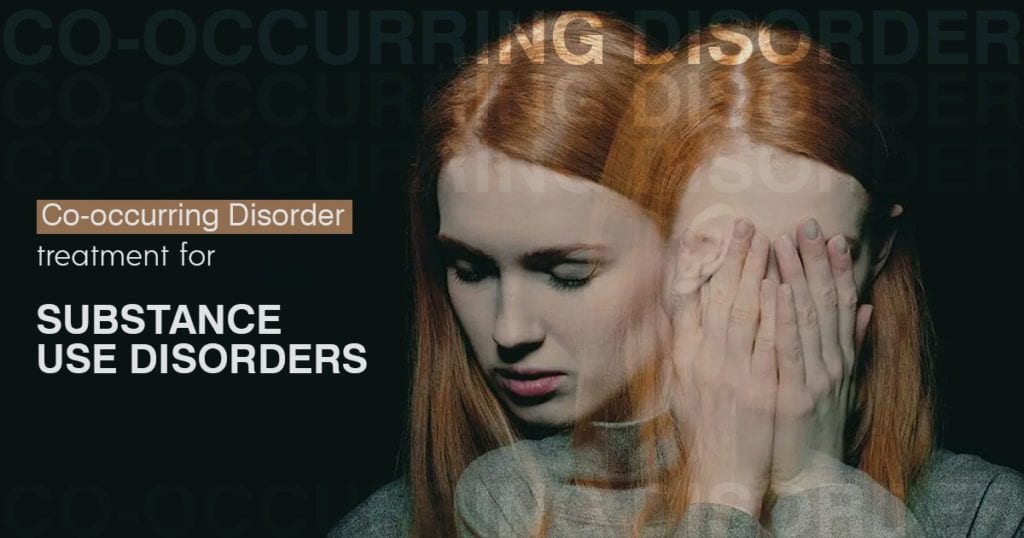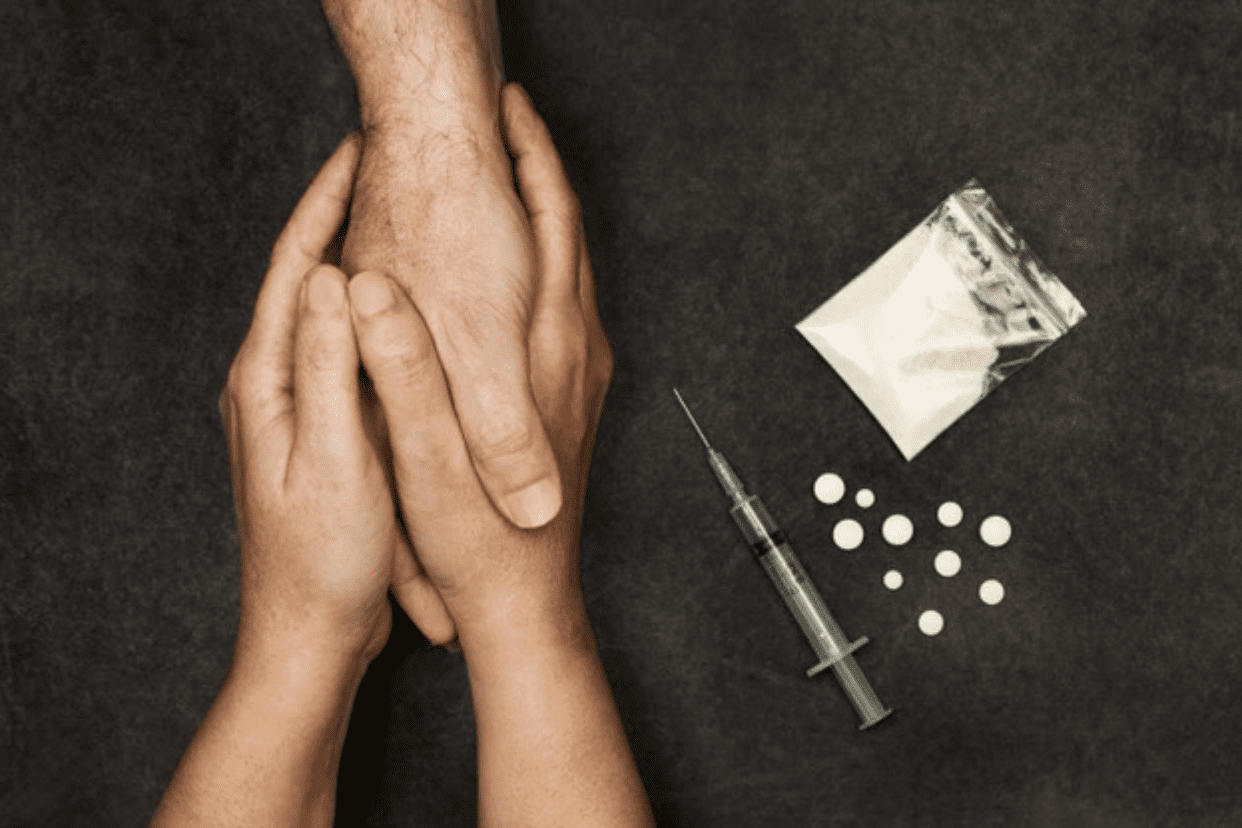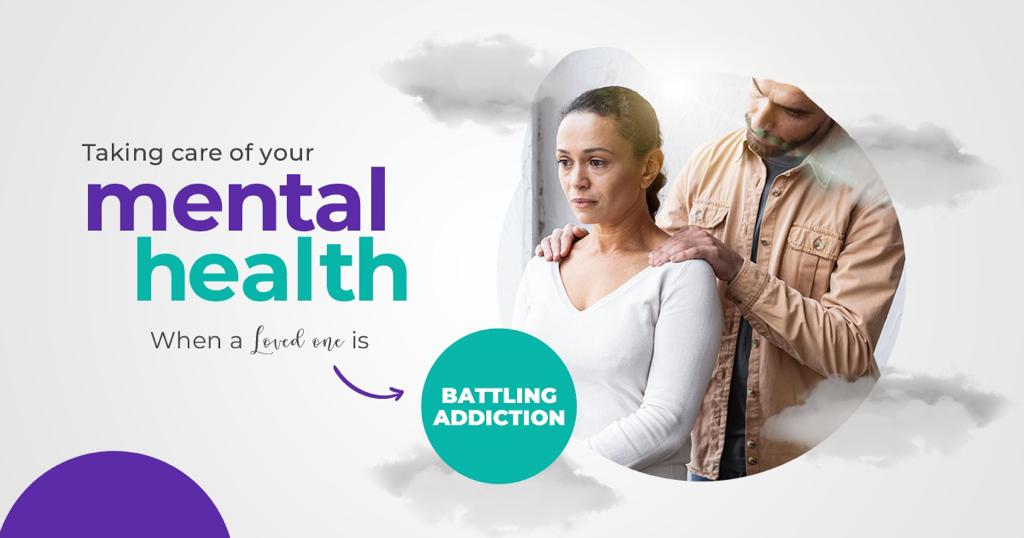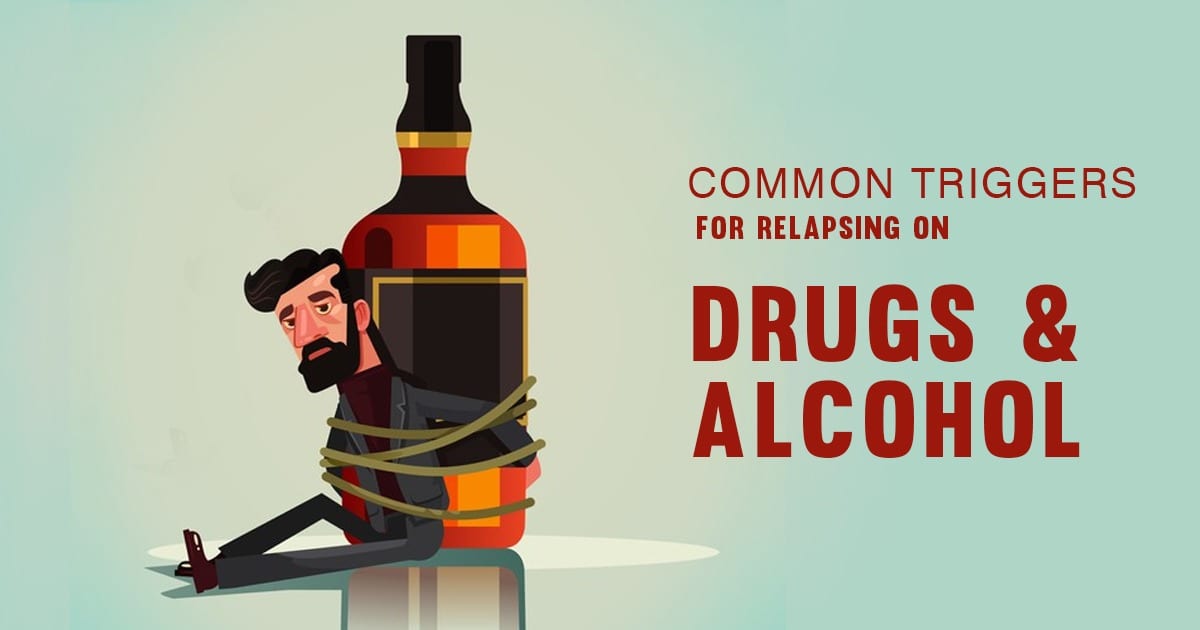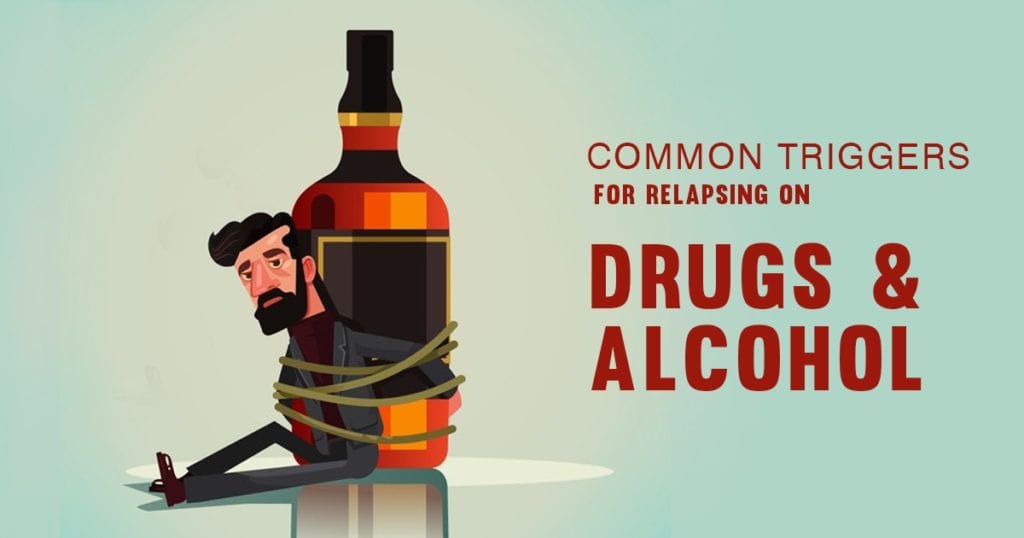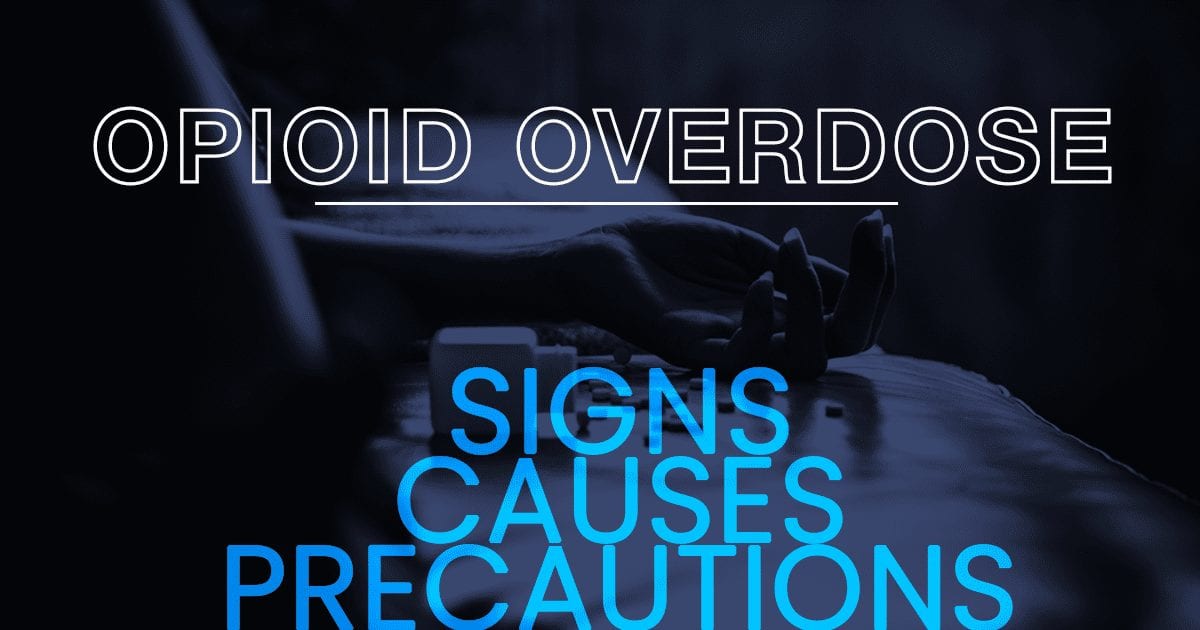
Opioid Overdose
About .5 million deaths are attributable to drug use worldwide; more than 70% of these deaths are related to opioids, with more than 30% of those deaths caused by overdose. According to The World Health Organization (WHO) estimates, approximately 115 000 people died of opioid overdose in 2017. What are opioids, and why is opioid misuse so common when there are so much evidence points to a drug overdose? Here is everything you need to know about the epidemic of life-threatening opioid overdose, its causes, signs, and precautions.
What are Opioids?
Opiates, or opioids, are narcotic painkillers that bind to neural opioid receptors in the brain. Once attached to your opioid receptors, the substance depresses your central nervous system, creating a “downer” effect, and suppresses pain while simultaneously producing a euphoric effect. In a medical setting, opiates are prescribed for pain management, which is how many people get hooked. Opiates are highly addictive and currently are the most abused substances in America.
Opioid use and misuse can result in addiction, overdose, withdrawal, and death.
Can a Narcotic Painkiller Become My Drug of Choice?
The United States is currently facing an opioid epidemic; according to the latest statistics from National Institute on Drug Abuse (NIDA), approximately 11.4 million people in the United States and around 36 million people worldwide abuse opioids every year.
Narcotic pain relievers include:
- Codeine
- Heroin
- Hydrocodone (Vicodin)
- Hydromorphone (Dilaudid)
- Methadone
- Meperidine (Demerol)
- Morphine
- Oxycodone (Percocet or Oxycontin)
- Fentanyl (Synthetic Opioid)
- Tramadol
The regular use of opioids, prolonged use, abuse, and use without medical supervision can lead to opioid dependence and other health problems, such as overdose.
Signs of Opioid Overdose
You can identify an opioid overdose by a combination of three signs and symptoms:
- Pinpoint pupils
- Unconsciousness
- Breathing difficulties
Prescription opioid use can even lead to opioid overdose death due to the pharmacological effects on the part of the brain that regulates breathing.
Prevention of Opioid Overdose
There are specific measures that can be taken to prevent an opioid overdose at an early stage:
- Increase the availability of opioid dependence treatment
- Reduce irrational or inappropriate opioid prescriptions
- Carefully monitor opioid prescribing and dispensing
- Limit inappropriate under-the-table sales of opioids
- Find alternative pain management methods
Opiate prescriptions have been increasing since 2010, despite the data showing opiate overdose death rates increasing as well. According to the Centers for Disease Control and Prevention (CDC), In 2017, there were almost 58 opioid prescriptions written per every 100 Americans.
There is a massive gap between recommendations and practices. Only half of the countries provide access to effective treatment options for opioid dependence. Less than 10% of people worldwide, who are genuinely in need of such treatment, are receiving it.
What to Do if you Witness an Opioid Overdose?
If you witness someone, or you yourself feel you are, on the verge of collapsing due to an opioid overdose, calling 911 for an emergency response protocol may save a life. Opioid overdose death can be prevented if the person receives a timely administration of the drug Naloxone, an antidote that rapidly reverses the effects of an opioid overdose if administered to the patient in time
There is limited availability of naloxone in many countries, and access to naloxone is generally limited to health professionals and not available over the counter. On the contrary, some countries have already made naloxone available in pharmacies without a prescription.
People with substance abuse are generally aware of the risks and dangers that come along with opiate addiction. If one were to decide they wanted to overcome their addiction to opiates before things got worse they may likely be facing Opiate withdrawal and a detoxification process.
Opioid Withdrawal
When you’ve become addicted to opiates you will become emotionally and physically dependent on the presence of the substance. With time, your body becomes desensitized to the drug, and you’ll need more of it to feel its effects. After heavy use, once you stop taking these drugs you will likely experience several symptoms of withdrawal.
Opioid withdrawal can be categorized as mild, moderate, moderately severe, and severe. Your healthcare provider can determine this by evaluating your opioid use history and symptoms.
Opiate withdrawal occurs in two phases. The first phase includes several symptoms, such as:
- muscle aches
- restlessness
- anxiety and depression
- teary eyes/ runny nose
- excessive sweating
- Insomnia
- agitation
The second phase is marked by:
- diarrhea
- abdominal cramps
- nausea and vomiting
- increased heart rate and blood pressure

These initial phases can last anywhere from a week to a month and can be followed by long-term withdrawal symptoms that may involve emotional or behavioral issues.
Medical detox from Opiates
It takes time to recover from opiate addiction. Recovery is a journey, not a destination. Opiate detox from home is strongly not recommended, it is dangerous and statistically ineffective.
Recovery centers are best suited for medical detoxification from opiates; will improve your overall health and reduce your risk of complications related to opioid dependence and help prevent relapse. In some cases, withdrawal from opiates could be deadly. A recovery center with medically assisted detoxification services will have a team that can monitor your vitals, keep you safe, and use medications to mitigate the symptoms of withdrawal (making the process as comfortable as possible.)
Talk to your doctor or healthcare provider about addiction treatment programs. Once you successfully get through detox, you will feel an overall improvement in your physical and mental health.
Aftercare
Detox is generally the first step in the recovery process, but detox alone is not a treatment. After detox, your counselor will curate a plan for you to follow that will have you stepping down levels of care. You may be recommended to complete residential inpatient care, followed by outpatient therapy services, followed by sober maintenance through treatment options such as support groups. The process may seem long, but it has been proven to help save countless lives and provide hope for those who feel lost.
If you want to learn more, visit our website or call us at 1-866-753-5865 and talk to our health professionals to enroll in an effective women-only treatment center and live a drug-free life.

